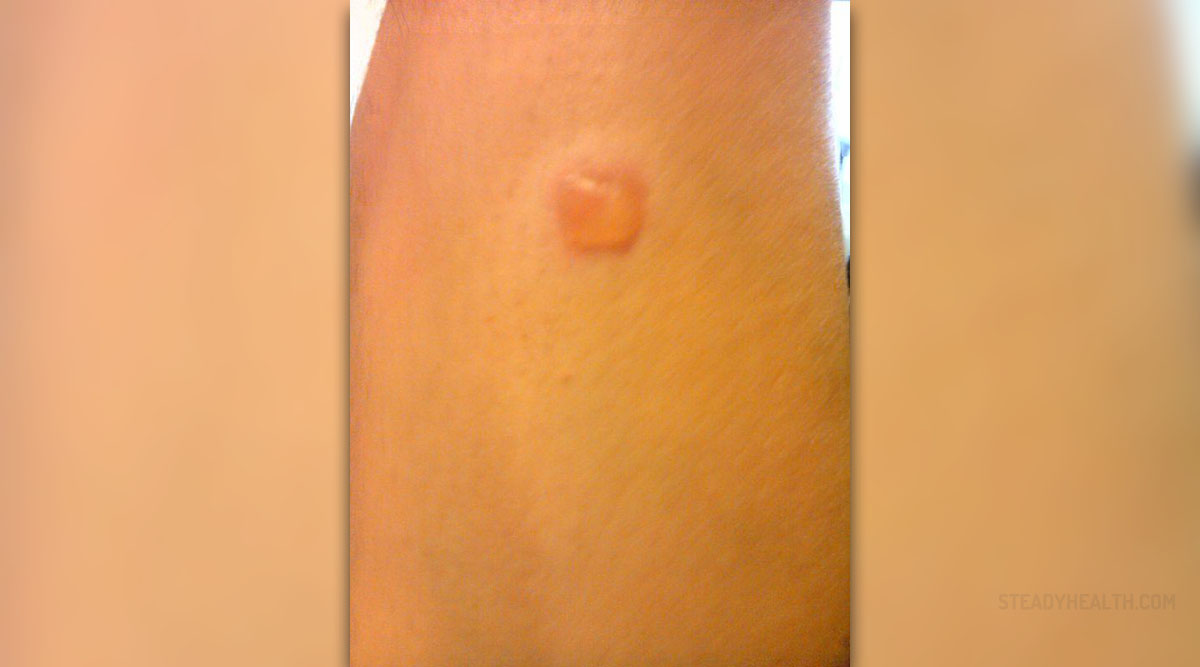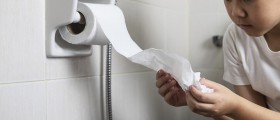
Acute pyelonephritis is sudden infection of the renal pelvis and sometimes renal parenchyma, which doesn’t last for a long period of time. It can be caused by Escherichia coli, Enterococcus, Klebsiella or Proteus and may also progress to chronic pyelonephritis.
This condition may affect both children and adults of any age. Newborn boys, especially uncircumcised, are more likely to develop this condition than baby girls. After that age, girls are about 10 times more prone to acute pyelonephritis than boys. This is also proven to continue later in life, as young women more commonly suffer from urinary tract infection than men.Which Kids Are at Risk?
Children suffering from structural abnormalities of the kidneys and those who had calculi and urinary tract catheterization, stent or some drainage procedures are more likely to develop acute pyelonephritis. Primary biliary cirrhosis, neuropathic bladder and diabetes patients, as well as children who are immunocompromised are also found to be exposed to greater risk of this condition.
Possible Symptoms and Complications
As mentioned, acute pyelonephritis usually appear suddenly. Patients (children or adults) may experience loin, supra-pubic or sometimes back pains. There are also some nausea, vomiting, malaise, anorexia and diarrhea. Some could suffer from fever and it can be so high that it causes rigors. Urinary frequency or hesitancy, dysuria and gross hematuria may also develop, mainly in young women.
However, all mentioned symptoms may be unspecific, so kids who don’t feel well and have high fever should be routinely directed to urine culture test.
Diabetics, immunocompromised and patients suffering from sickle cell disease or chronic renal failure have been more frequently reporting acute pyelonephritis complications. The same situation is with people who undergone liver transplant in the last 3 months. Possible health problems related to pyelonephritis include: septicemia, perinephric or renal abscess, acute papillary necrosis or scarring of the kidneys.How to Manage Acute Pyelonephritis?
Sufficient rest, adequate intake of fluids and some painkillers are important for the management of this condition. Make sure to contact your doctor if your child has been vomiting severely, has diabetes or shows signs of sepsis. Dehydration, serious pain, oliguria or anuria, obstruction of the urinary tract or failure to respond to the treatment in the primary care may lead to admission of the child.
In most cases, doctors will start treatment with antibiotics while waiting for bacterial culture and sensitivity to drugs. Oral or intravenous (IV) cefixime is recommended to children. Surgical procedures may be needed if there is some renal or periphrenic abscess or if the infection caused some obstruction.

















Your thoughts on this
Loading...